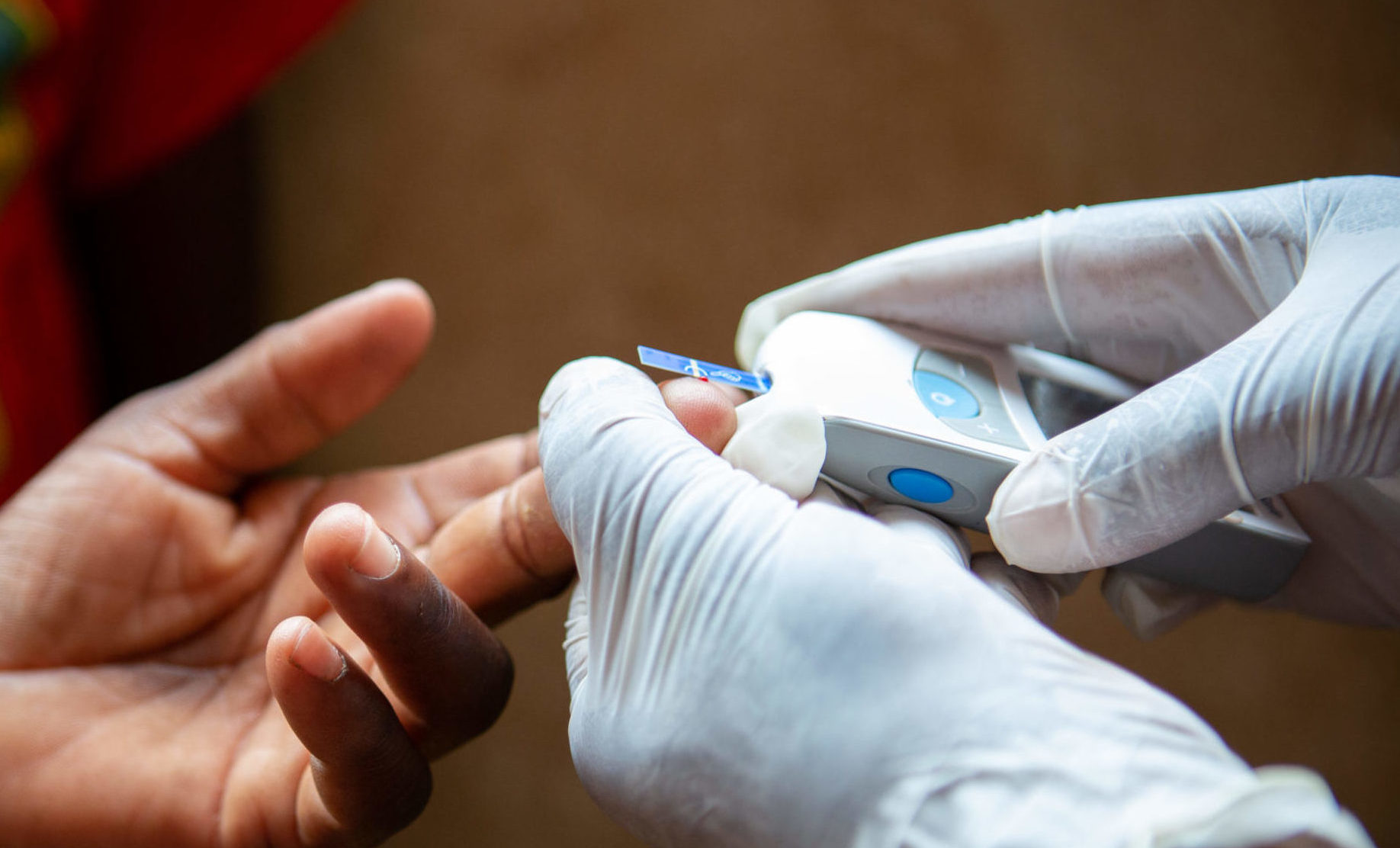
Read the latest from Type 1 Diabetes Program Officer Estefanía Palomino
COVID-19 has been unforgiving to people with NCDs, driving service disruptions and medication stock outs, in turn compounding health inequities. Only a comprehensive approach can overcome obstacles to their having access to quality care.
Committed to rising to this challenge of equity, I am thrilled to announce that Helmsley and JDRF have awarded a grant to Brigham and Women’s Hospital, totaling $12 million over three years to help foster a long-term global health partnership focused on scaling up treatment and care for severe NCDIs, such as type 1 diabetes, rheumatic heart disease, and sickle cell disease.
This investment will support implementation of the recommendations of the Helmsley-supported Lancet NCDI Poverty Commission, which has provided the clearest picture yet of how quality care and cost-effective solutions can save the lives of millions of people living with NCDs among the poorest billion in the next decade.
The number of National NCDI Poverty Commissions in low- and middle-income countries throughout sub-Saharan Africa, South Asia, and the Caribbean, will go from 15 to 23, to promote the implementation of PEN-Plus – a proven integrated service delivery model for severe chronic NCDIs, which complements the World Health Organization’s PEN (Package of Essential NCD Interventions).
At Helmsley, we have seen first-hand how PEN-Plus facilities in Rwanda, Malawi, Liberia, and Haiti can reach marginalized populations and transform NCDI care. With JDRF’s invaluable support, we can strengthen in-country capacity to provide life-saving interventions and meaningfully involve people living with NCDIs in their design and execution.
Global partnerships are increasingly important to promote effective action and ensure all members of society, especially the most vulnerable, are not left behind. I hope we seize this moment as an opportunity to build resilient and robust health systems and deliver quality NCD care for everyone, everywhere.